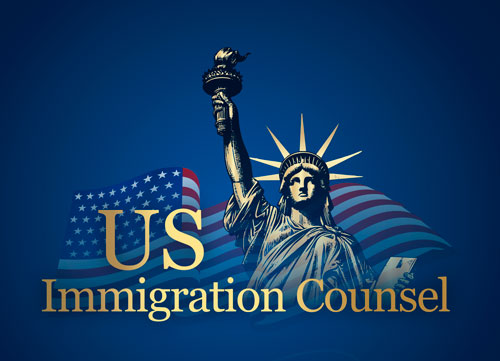E-1 Treaty Trader Visa
The E-1 Treaty Trader visa is a nonimmigrant visa that allows nationals of certain treaty countries to enter the United States to engage in substantial international trade. This trade must primarily take place between the U.S. and the applicant’s home country, under the terms of a qualifying treaty of commerce and navigation.
Who Qualifies for an E-1 Visa
To be eligible for an E-1 visa, an applicant must meet the following requirements:
-
Be a citizen of a country that maintains a qualifying treaty with the United States
-
Intend to enter the U.S. exclusively to carry out substantial trade
-
Ensure that over 50% of their international trade is conducted between the U.S. and the treaty country
-
Be either the principal trader or an employee of a qualifying organization with the same treaty nationality
Employees must also:
-
Hold a supervisory, executive, or essential specialist role
-
Have worked for the treaty enterprise for at least one continuous year within the previous three years
What Counts as Substantial Trade
Substantial trade refers to a consistent and continuous flow of transactions involving:
-
Goods
-
Services
-
International banking
-
Insurance
-
Transportation
-
Technology
-
Tourism
There is no fixed monetary threshold, but the volume and frequency of trade must reflect ongoing business activity. Trade must be clearly documented and show that it supports the operations of the U.S.-based office or entity.
Duration and Extensions
The initial period of stay under an E-1 visa is up to two years. Visa holders may apply for unlimited extensions in two-year increments, provided they continue to meet all eligibility criteria and maintain the trading enterprise.
Extensions do not require departure from the U.S. as long as status is maintained. There is no maximum limit on the total duration of stay.
Family Members and Work Authorization
Spouses and unmarried children under the age of 21 may accompany the E-1 visa holder as dependents. Spouses are eligible to apply for employment authorization, allowing them to work for any employer in the United States. Children may attend school without needing a separate student visa.
E-1 Visa Limitations
The E-1 is a nonimmigrant visa and does not lead directly to permanent residency or U.S. citizenship. However, visa holders may explore other immigration options, such as:
-
Employment-based immigrant visas (e.g., EB-2 or EB-3)
-
The EB-5 Immigrant Investor visa
Switching to an immigrant category must follow U.S. Citizenship and Immigration Services (USCIS) procedures and meet the respective criteria for the new visa type.
Advantages of the E-1 Visa
-
Allows ongoing trade activity with no limit on extensions
-
Supports business growth and management from within the U.S.
-
Permits dependents to live in the U.S., with spouses able to work
-
Offers flexibility for professionals in executive or essential roles
The E-1 visa is ideal for individuals from treaty countries engaged in consistent, meaningful trade who wish to expand or manage their operations in the U.S.

